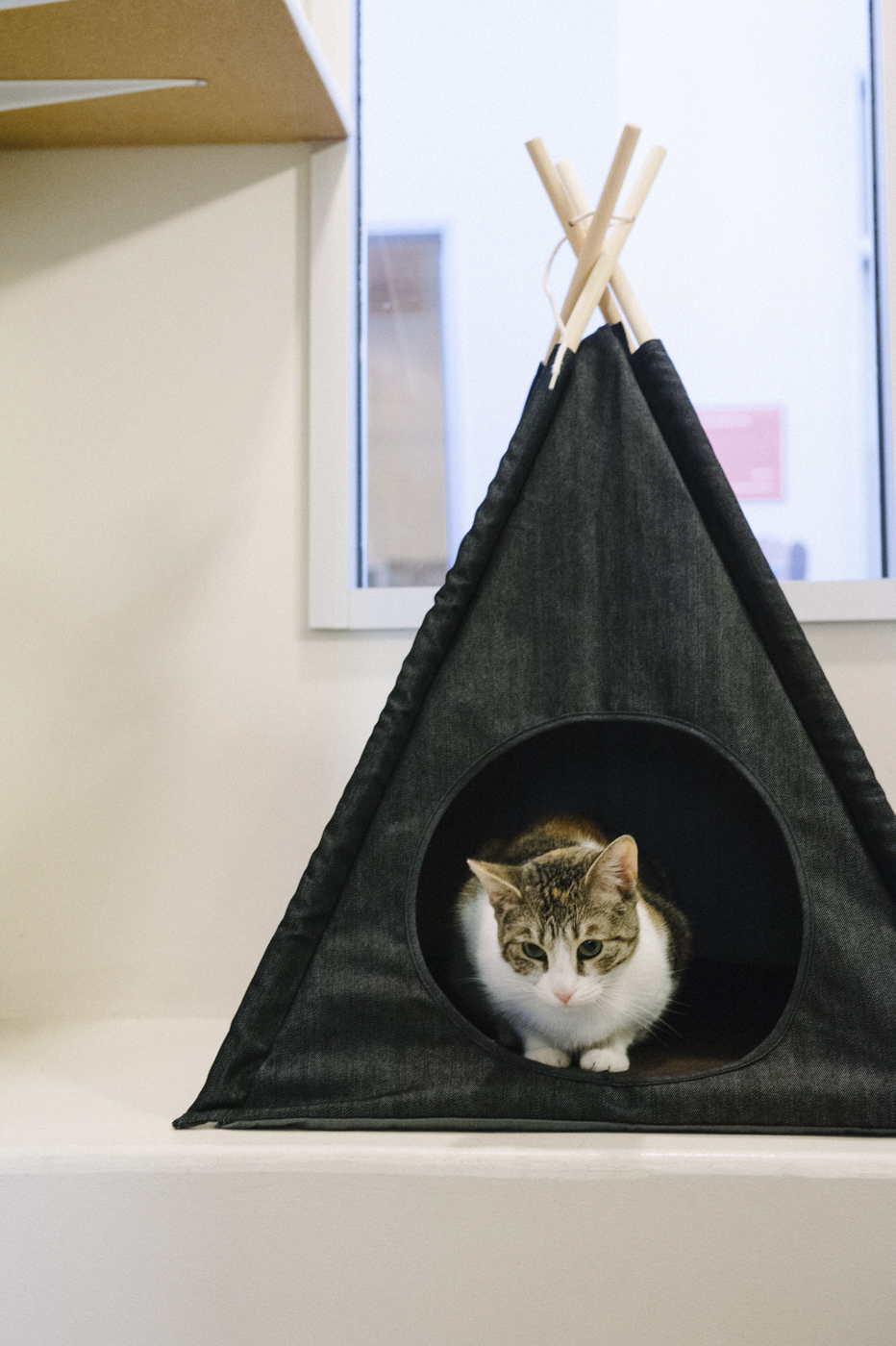Dog and cat allergies affect up to 20% of the worldwide population, which sadly leaves many people thinking they will never be able to own a pet.
Fortunately, there are plenty of dog breeds that many allergy sufferers can still keep, these dogs are known as hypoallergenic dogs.
Hypoallergenic dogs are much less likely to trigger an allergic reaction in people who usually suffer with reactions when in contact with other dogs.
However, it’s important to understand that there isn’t one truly 100% hypoallergenic dog breed. This article will take a look at some of the myths surrounding dog allergies.
#1: Allergies are caused by Dog Hair
Many people who have allergic reactions around dogs will assume that they are allergic to the dogs hair. This is a fair assumption for those that don’t know the true reasons behind dog allergies.
It might lead them to believe that the likelihood of having an allergic reaction to a dog will depend on the amount of hair they have.
However, it is actually the proteins found in dog’s dander, saliva and urine which cause allergic reactions or aggravate asthma symptoms, rather than the hair itself.
These proteins can trigger the immune system to overreact in people who are susceptible to allergies, cause their eyes to water, sneezing and itchiness.
#2: All Poodle Mixes are Hypoallergenic
Poodles shed much less than other dogs. Instead of fur, they have hair which constantly grows until it falls out. This means they shed every 21 days rather than every few days like most other dogs.
The hair and dander which does fall out tends to become trapped in their curly coat, which is why Poodles are well known for being hypoallergenic.
So naturally, it’s assumed that when you mix a Poodle with another dog, the offspring will also be allergenic.
To figure out whether a certain mix is more or less hypoallergenic than others, requires you to take a look at the other parent breed that the Poodle has been crossed with.
Some breeds produce much more dander, and shed more hair than others. If you want the best chances of finding a dog which won’t trigger your allergies, choose a Poodle mix which has been crossed with another low shedding breed.
An example of a great hypoallergenic Poodle mix is the Australian Labradoodle, whereas the Pomapoo tends not to be hypoallergenic.
#3: All Low Shedding Dogs are Hypoallergenic
Allergy to dogs is not affected by the length a dog’s coat, or by the amount of shedding they do.
It’s actually associated with the amount of dander that they produce. For example a short haired Labrador doesn’t shed that much hair, but they are not hypoallergenic and are likely to trigger an allergic reaction in allergy sufferers.
Unfortunately there isn’t such thing as a dog that doesn’t shed any fur at all; all dogs shed their fur – short coats, long coats, thick and thin coats.
The only difference is that they just shed it at different rates. As we mentioned with the Poodle before, in dense curly coats the dander will get trapped making it less likely to spark off an allergy.
Whilst it’s true that the less a dog sheds, the more likely it is to produce an allergic reaction; this is necessarily true with all dog breeds as some dogs produce more dander, despite being low shedding.
#4: Hypoallergenic Dogs Won’t Trigger my Allergic Reactions
There isn’t one true hypoallergenic breed, all dogs produce dander, saliva and urine which carry the proteins with the potential to trigger an allergic reaction.
For people who have severe allergic reactions, they may not be able to find a breed which is suitable for them. It really does come down to the specific person and dog in question.
However, there are some breeds which produce less of these proteins than others and are therefore less likely to trigger allergic reactions.
The actual definition of hypoallergenic is the ‘relatively unlikely to cause an allergic reaction.’ So, whilst it is true that there are hypoallergenic dogs (dogs which allergy suffers can live with) there are no dogs which are guaranteed to not trigger a reaction.
Final Thoughts
We hope this article has helped to clear up a few of the myths surrounding hypoallergenic dogs.
If you are an allergy sufferer, looking for a low shedding, hypoallergenic dog, we suggest you spend time around one of the well-known hypoallergenic breeds such as a Poodle to gauge whether they are likely to trigger a reaction in you or not.
You could even offer to foster a rescue dog for a week or so to ensure that you can compatible with each other.
Always make sure you are certain you can provide a dog with a forever home when you commit to them, far too many dogs end up in shelters because their owners find out that they are allergic to them in the first couple of weeks.
With all that in mind, good luck on the search for your hypoallergenic










